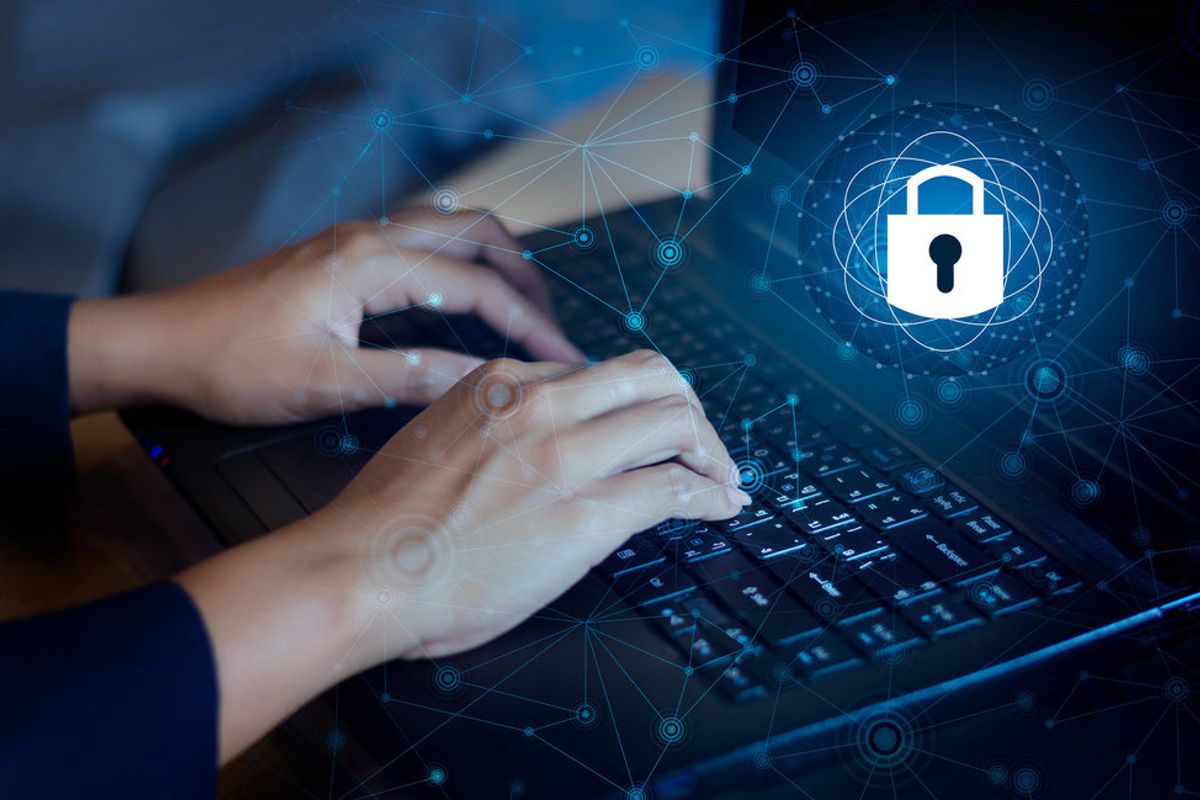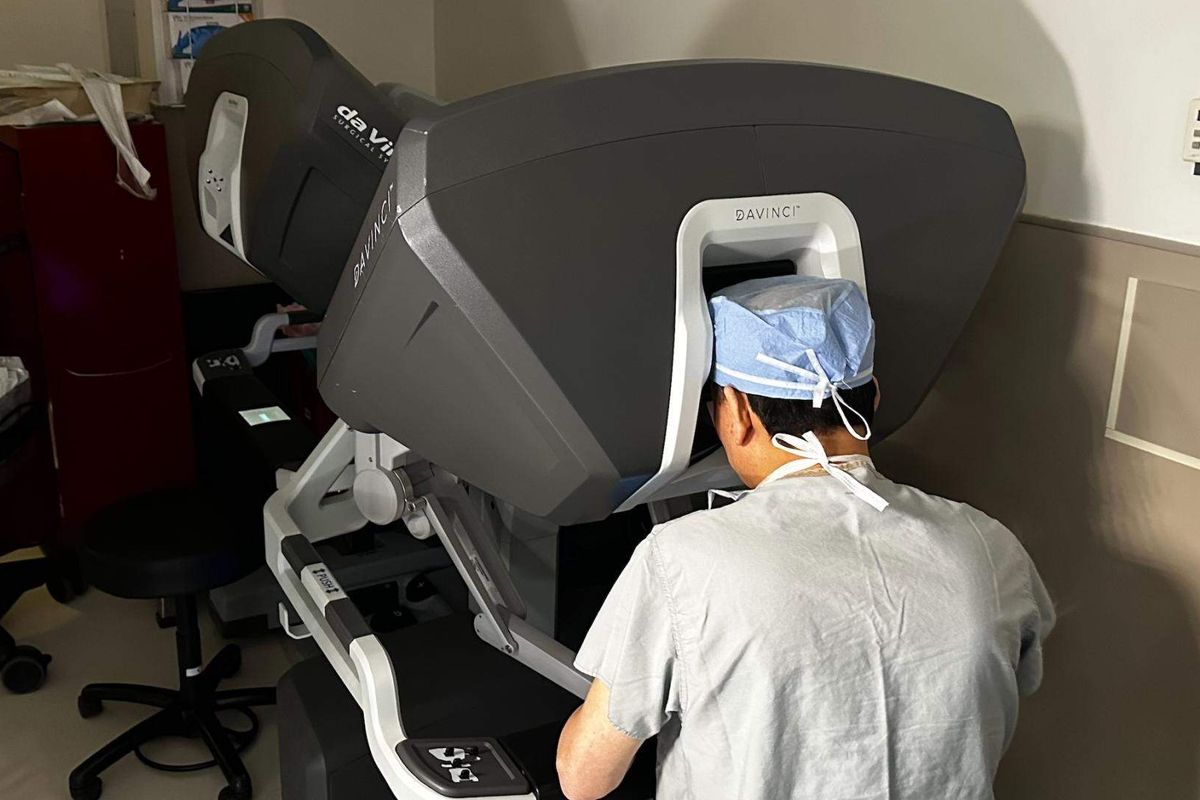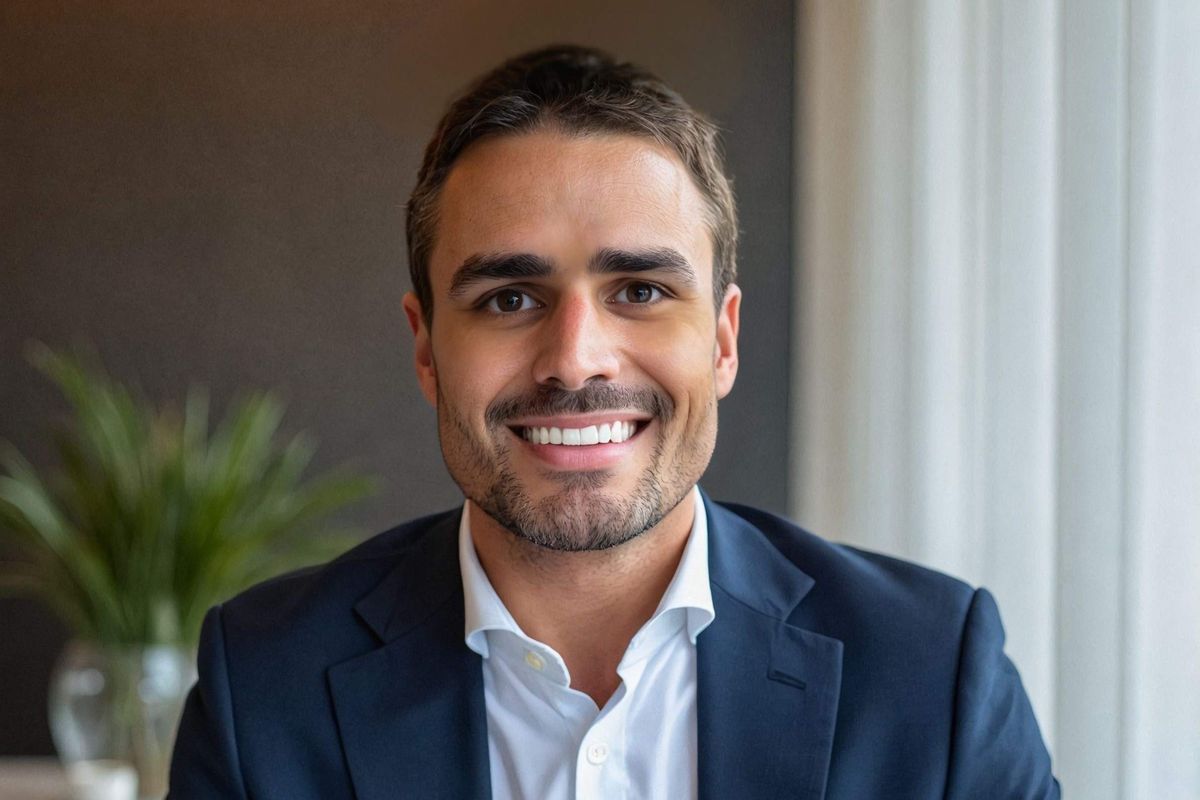As UTSI International celebrates its 40th anniversary, president and CEO Shaun Six reflects on the company's history, achievements, and exciting future.
---
In March 1985, Dan Nagala and a few friends took a risk, leaving their full-time jobs to pursue their passion and start their own company.
They founded
UTSI International amidst groundbreaking advancements in Industrial Control Systems and SCADA technology, revolutionizing remote operations for critical infrastructure. From the start, UTSI has been at the forefront of OT innovation and integration — a legacy we proudly carry forward today.
The legacy of Dan Nagala
Dan Nagala’s 50-plus-year career is too vast to cover every accomplishment, but if you’ve ever heard the phrase “Houston, we have a problem” in a movie, those screens in the control room and the logic causing the “blinky lights” to alert the operators, you’ve seen some of his work. Dan and his team ultimately paved the way for field communications to detect and communicate leaks on pipelines and give operators in remote locations situational awareness, expanding their ability to safely monitor and control their operations.
This capability was requested early on in the first pipeline control rooms, leading to UTSI’s first check-in 1985 (which I proudly have framed on my bookshelf). The protocols to communicate and do advanced calculations — which many would be tempted to call AI today — for the purpose of monitoring and control, was created from this group of enthusiasts who open sourced it and allowed it to proliferate, leading to over 80 percent of all critical infrastructure in the world now utilizing a variant thereof.
Given the novelty of the technology and the experience of UTSI, having implemented control systems and automation for pipelines in over 22 countries, Dan was asked to collaborate with industry experts, creating the first API leak detection and control room management standards for the American Petroleum Institute. These would later become regulation under PHMSA, DoT, and TSA, placing UTSI as the go-to experts in compliance in addition to their traditional expertise.
UTSI has delivered for the world’s largest infrastructure owners in multiple critical infrastructure sectors, like mining, water/wastewater, oil and gas, green energy, transportation authorities, etc. We have also done AI and cybersecurity, in addition to SCADA and ICS work for the DoD and DoE.
Strength in partners
I joined UTSI in 2022 as vice president, working under Dan, with the goal of gradually stepping into leadership. In 2023, I became CEO, president, and majority shareholder. While no one can truly fill Dan’s shoes alone, we’ve focused on strengthening our team, partnerships, and capabilities to continue UTSI’s legacy of excellence.
One of our first strategic partnerships was with Tory Tech, a leading API-compliant Control Room Management tool. UTSI has worked as integrators with Tory Tech for years and Dan worked as a CRM compliance advisor for them in the U.S. while they were setting up their headquarters in Houston. In 2024 we made it an official partnership, becoming a preferred integrator and focusing our team on training and development in the MaCRoM (Master Control Room Management) tool.
We've also made significant investments in our OT cybersecurity capabilities, expanding our team and partnering with industry leaders like Dennis Parker, Derrik Oates, Nozomi Networks, Fortinet, and Schneider Electric. These strategic moves ensure we deliver top-tier expertise, products, and solutions to better serve our customers.
Our partnership with ThreatGEN and the utilization of their AI-driven “AutoTableTop” tool not only utilizes our experience with TSA guidelines, but adds an element of reality that the traditional methods are lacking, making these engagements more interactive and beneficial for operators who are required to participate annually.
In 2024, UTSI also invested heavily in AI and Data Science by acquiring Houston-based AI company Pandata Tech and leveraging their Data-Quality-Methodology (DQM), Leak Geek, and time-series data science expertise to solve industry specific problems.
Moving up – in and around Houston
Building on our recent successes, we strategically relocated our office to the Netrality building (1301 Fannin St.), bringing us closer to clients and partners, while getting access to a Tier 3 Data Center with an uninterrupted 40-year power record.
Netrality is a SOC2-compliant facility with seven points of detection from the street to our server, including biometric screening. Our very own Roberto deLeon has architected our upgraded servers using the Purdue model as a basis of design while leveraging our relationship with Fortinet to standardize our hardware and software to the highest standards. We practice what we preach — every architecture, framework, and hardware recommendation we make is not just advised but actively implemented within our own operations.
Our investment in this space includes increasing our “SCADA R&D Lab” to play with toys from vendors, testing them out in our environment before we recommend and advise them to our clients and partners. Currently we’re working on LLMs for OT, building our own “DANN2.0” for use in-house. DANN is an homage to Dan Nagala (and, for the nerds, stands for Dan Artificial Neural Network), which we started in 2022 when I realized that knowledge capture is an industry wide epidemic and we need to be ready to integrate for our clients in a safe and local way at scale, in the OT environment.
Additionally, having come from a startup before joining UTSI, I wanted to get us closer to the heart of innovation, so we’ve added additional office space at The Cannon downtown. While there are many tech hubs around Houston, and we are proud to work with and partner with companies from Greentown Labs and the Ion, to name a few, we’ve found that The Cannon community is incredibly active and innovative, with experience in industrial use-cases.
Houston is set to become the Energy Transition capital, leading in hydrogen, carbon capture, and repurposing. With a 5:1 ratio of engineers leaving the industry and an average age over 60, we must innovate. The solution lies in combining a secure, cloud-free "ChatGPT for OT" with digital twins. Bringing the field to engineers is essential. We've partnered with a satellite constellation for asset imaging and U.K.-based Mods Solutions to leverage their CFIHOS-driven platform for intelligent digital twins — more on that partnership soon!
And we will need to leverage enhanced automation tools and actively monitor control networks to ensure security and respond quickly to issues, which is why we’ve partnered with Nozomi Networks.
Shaping the future
Although Dan has semi-retired to his cabin in Montana, he continues to do “the fun stuff” that brings him joy, such as conducting research for PRCI and assisting long-time clients. He also has been a mentor and advisor to me since I started at UTSI three years ago. I’m grateful for him and the group of industry experts he gathered around him to make UTSI such a well-known systems integrator and OT advisor for the world’s largest asset owners.
Our group of experts are active in the industry and will be speaking at events throughout the year, with a presence at Entellec, Level Zero, and participating at this year's API Cybernetics and PSIGs biannual conferences. We proudly serve on the BCarbon advisory board and GHPs Energy Committee.
Lastly, we have one request: We see a critical need for H2 and supercritical CO2 studies to develop simulation models, response plans, and leak detection best practices. These gases differ from those covered in existing standards. If you know anyone interested in funding or contributing, we’re collaborating with industry partners to secure support.






 Apple doubles down on Houston with new production facility, training center Photo courtesy Apple.
Apple doubles down on Houston with new production facility, training center Photo courtesy Apple.